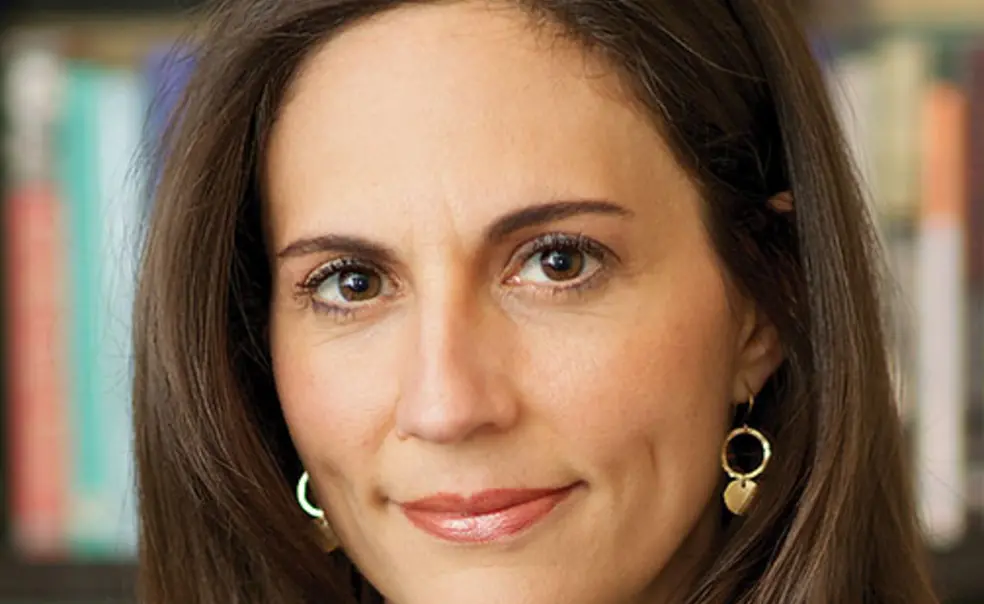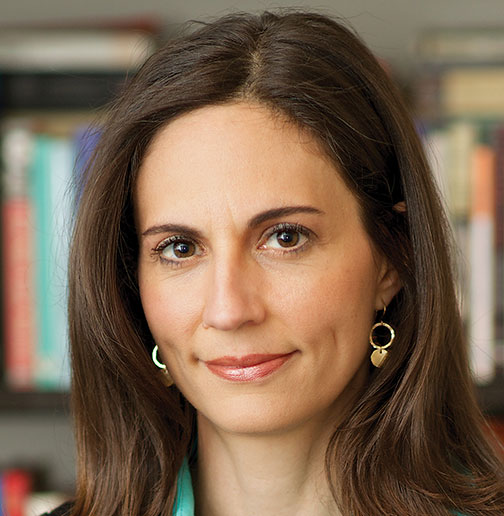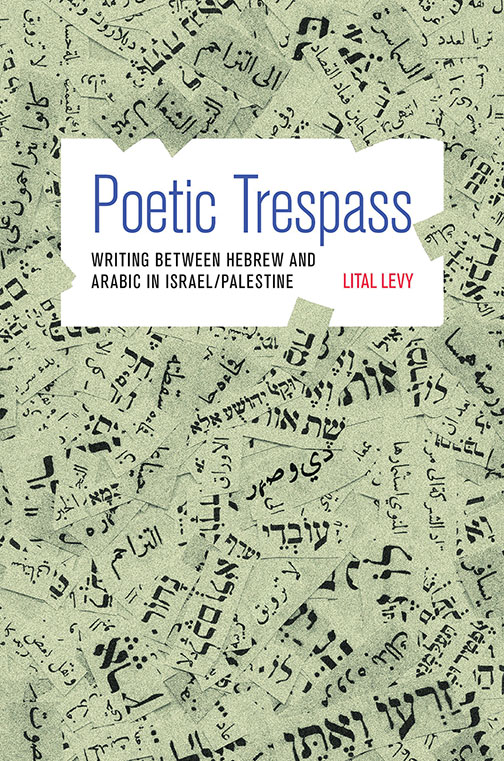On the streets of Tel Aviv, one may hear a mix of Hebrew and Arabic —from the same speaker. In her new book, Poetic Trespass: Writing Between Hebrew and Arabic in Israel/Palestine, comparative literature professor Lital Levy traces the role the Arabic language has played in the creation of modern Hebrew culture and argues that there is a complex interaction between the two languages.
In the late 1800s, Hebrew mainly was spoken in a religious context, akin to the Catholic Church’s use of Latin. How did the Hebrew language spoken today evolve?
When Zionist leaders made the conscious choice to revive Hebrew as a spoken language, it was intimately connected in their minds to the land of Palestine and the goal of Jews resettling that land. They believed that the Jewish state couldn’t exist without the language. So it was natural to many of the people who were reshaping Hebrew that Arabic would be part of that process, because Arabic was the language that was being spoken in Palestine at the time. Words were borrowed from Arabic to fill gaps in Hebrew. Today, Arabic shares its status as an official language of Israel with Hebrew, but both languages are highly politicized. Most Israelis aren’t aware of Hebrew’s debt to Arabic.
How much do Hebrew speakers use Arabic words today?
Anyone who has spent time in Israel will tell you that there are a lot of Arabic words in Hebrew slang, but they’re mainly obscenities or names of foods, such as falafel. In general, most Jewish Israelis feel uneasy in the presence of people speaking Arabic. They’re surprised to find there is such a thing as modern Arabic literature. And now we’re seeing proposals from politicians who want to demote Arabic by making Hebrew the sole official language of Israel. They present Arabic as the language of the enemy and an inferior language. There’s a strong sentiment in Israel right now that the country, as a Jewish state, needs the Hebrew language to be the only language.
Between the 1950s and the 1970s, many Jewish immigrants from North Africa and the Middle East spoke Arabic. What happened when they settled in Israel?
There was a lot of shame and stigma attached to Arabic. The perception was that Arabic was the language of Arabs, so it was unacceptable for Jews to speak it. The first generation that came to Israel were mostly unable to reinvent themselves. Their children were able to integrate, but they lost that linguistic connection to Arabic. In the third generation, we can see people — a small group of people, but a significant group — trying to find a place for Arabic within their Jewish identity.
Interview conducted and condensed by Amelia Thomson-DeVeaux ’11














No responses yet